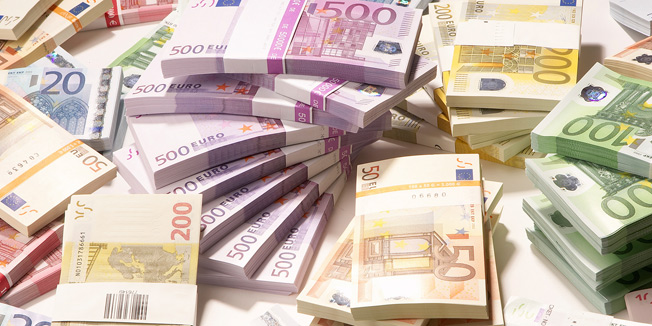Russia’s interior ministry has drafted legislation that would force foreigners to sign a “loyalty agreement” that prohibits them from criticizing official policy, discrediting Soviet military history or violating traditional family values.
Since Russian President Vladimir Putin ordered troops into Ukraine in February 2022, Russia has introduced a series of strict laws banning discrediting the military, while courts have sentenced opposition activists to lengthy prison terms. As the 2024 presidential election approaches, Putin has described the war as part of an existential battle with the West and said he will defend Russia’s “sacred” civilization against what he says is Western decadence.
State news agency TASS reported that the interior ministry has prepared a draft law that would force all foreigners entering Russia to sign an agreement that essentially limits their freedom of speech. A foreigner in Russia will be prohibited from “interfering in the activities of public bodies of the Russian Federation, discrediting in any form the foreign and domestic state policy of the Russian Federation, public authorities and their officials,” TAS announced.
The proposed agreement would include clauses on morality, family, “propaganda about non-traditional sexual relations” and history. Foreigners would thereby be prohibited from “distorting the historical truth about the feat of the Soviet people in the defense of the homeland and its contribution to the victory over fascism.”
It is estimated that the Soviet Union lost at least 27 million people in World War II and eventually pushed the Nazi forces back to Berlin. Governments loyal to Moscow then took power in parts of Eastern Europe.
Reuters could not independently verify the draft law. The Ministry of the Interior did not immediately respond to an inquiry. But the law has not yet been officially sent to parliament, according to Reuters.
TAS did not specify what the consequences would be for foreigners if they violate the agreement.
For the bill to become law, the document must go to the Duma, the lower house of the Russian parliament, go through committee review and several readings before being sent to Putin for his signature. Since the beginning of the war in Ukraine, Russia has imposed numerous restrictions on foreigners from what it calls “enemy countries”, that is, those that have imposed sanctions on it, Hina reports.



















